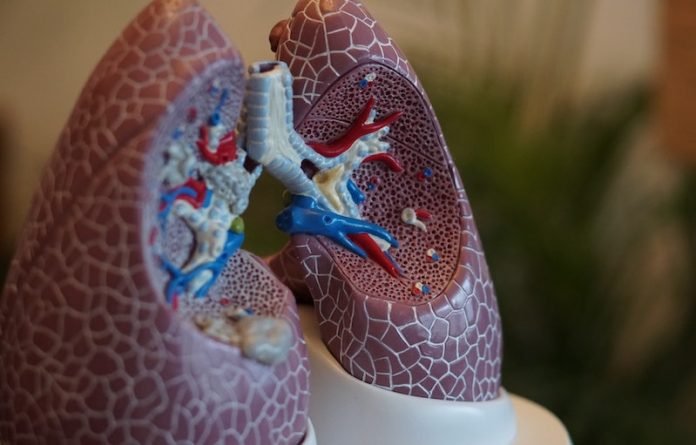
A team of researchers at Stanford University, led by Dr. Peter Cheng and Dr. Purvesh Khatri, along with a colleague from Taiwan have made an important discovery that could potentially prevent or treat lung damage caused by long COVID.
The findings of their study were published in the Proceedings of the National Academy of Sciences.
Long COVID, also known as post-acute sequelae of SARS-CoV-2 infection (PASC), is a condition where patients continue to experience symptoms of COVID-19 long after the virus has left their bodies.
These symptoms can persist for weeks or even months and can include fatigue, shortness of breath, brain fog, and muscle weakness.
One of the most common long-term effects of COVID-19 is damage to the lungs, which can lead to pulmonary fibrosis and in severe cases, require a lung transplant.
In the study, the Stanford research team suspected that the lung damage caused by COVID-19 might have a genetic basis.
They undertook a sequencing study comparing lung tissue samples from patients who had undergone lung transplants due to COVID-19-induced lung damage with those who had no such damage.
They discovered that the lung damage was caused by an overreaction of the immune system to the virus, resulting in inflammation.
To test the possibility of preventing this overreaction, the researchers transplanted human lung organoids, or mini lungs, into test mice and infected them with an engineered version of the SARS-CoV-2 virus.
This led to the kind of lung damage seen in human patients with standard COVID-19 infections.
The researchers then gave the test mice antibodies designed to block the genes in their lungs that were associated with the overreaction to the virus and inflammation.
Four weeks later, the researchers found that the treatment had led to reductions in fibroids and lung tissue that had returned to normal.
These findings suggest that the team’s approach could represent a possible treatment to prevent and treat lung damage in patients due to long COVID.
However, the team notes that more research is needed to determine whether this approach will be effective in humans. They plan to conduct clinical trials to further investigate the potential of this treatment.
If you care about health, please read studies about the cause of wheezing in the lungs, and scientists find new drug to treat both COVID-19 and cancer.
For more information about health, please see recent studies about evidence on rare blood clots after COVID-19 vaccination, and results showing new drug combo could improve survival in lung cancer.
Copyright © 2023 Knowridge Science Report. All rights reserved.



